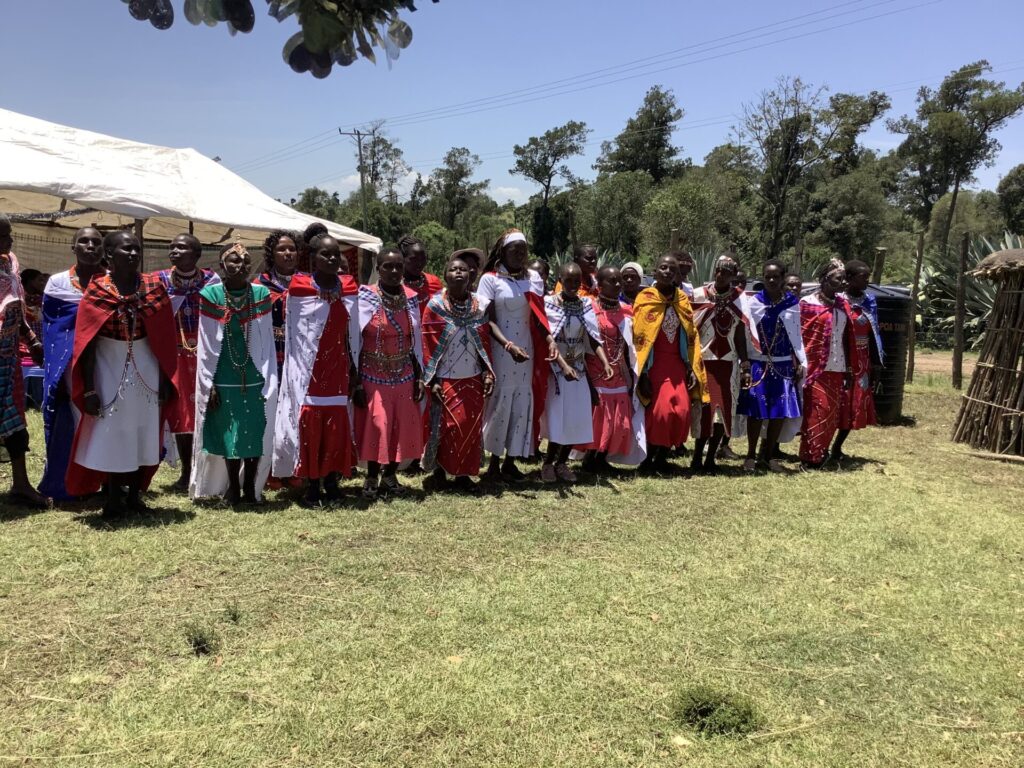Just like many other counties in Kenya, Transmara has several community based, and self-help groups. They are scattered in the subcounty and are dominated by Maasai women from different locations and sub locations. These women are faced with different challenges considering that they are still living while controlled by traditional institutions. These traditional institutions still believe in negative cultural practises and still deny women a lot of opportunities. Even though Indigenous Information Network was already working in the areas on different issues of development with an environmental and human rights focus, it decided to give attention to key recommendations given by women in different meetings. One was on water, access to water. Women were never given priority to collect water when they go to the river, livestock was the priority and they wanted a solution. The next was land issues. Most of the women were widows and single mothers and they were experiencing poverty and desperations because the male members of the family were not letting them access their land. There was need then for the women to get organized, register their organization and start working together as a team and look at different livelihood alternatives to help them move on. It was during the search and with Partners that IIN was able to come with a proposal to support some of the issues discussed with the women on “Improving women’s access to productive resources in Transmara sub- county of Narok in Kenya. We then decided to narrow only to one Sub County for a start. The funding for the project came from Voice which is an innovative grant facility that supports the most marginalized and discriminated people in ten low- and lower-middle income countries in Africa and Asia. It aims to amplify and connect thus far unheard voices in efforts to leave no one behind. Voice is an initiative of and financed by the Ministry of Foreign Affairs of the Netherlands as part of t their overall policy framework and is executed by a consortium between Oxfam Novib and Hivos

